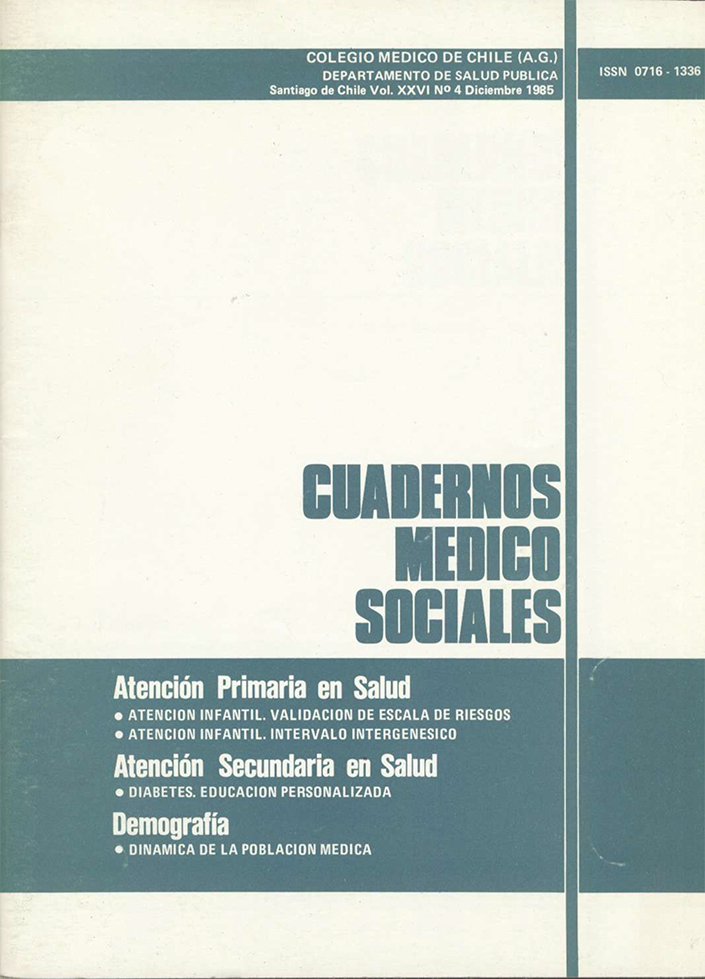La educación personalizada aplicada al paciente diabético
Keywords:
Health Education, Diabetic PatientsAbstract
The Health Education team started an educational plan for diabetics patients and Person Centered Approach having a counter part in traditiona! education as control group. We studied two groups of new diabetic patients: Experimental group (n:47) with person centered education, and traditional Group (n:43) with clasic conference education B0th groups wgre submitted to previously tested and validated tests of knowledge and attitudes. They were also examined in pondo statural and me- tabolic parameters at the beginning and at the end of the course and, later on after one and three months subsequently. The educational team was multiprofessional. The course was conformed of five sessions, one hour each. The experimental group was facilitated by the educator making use of: a) lnconditional positive regard with emphasis on a careful attention to the patient as a person. b) Empathy, making use empathic verbal and non verbal comunication. c) Congruence: showing real emotions and present state of conciousness. The patients were immersed in this atmosphere which was free of roles and invited to be the real self. The tears involved the patients in planning activities as well as it provided a space for emotions and understanding. This was a very rewarding experience for experts and patients. Results showed a greater efficiency in prson centered education than in traditional instructional plan, not only in the acquisi- tion of new learnings, but in the change of attitudes, both differences statistically significant (p< 0.001). Metabolic and pondo statural parameters were also superior in person centered experimental group than in the traditional one, although the difference was not statistically significant: 68% of patients with a good control while traditional group reached only to a 48% of similar results. No doubt, there is a long way to go vet in interpersonal relationships and treatments, the team dares to say that “it pays to treat patients as persons".
Downloads
Downloads
Published
How to Cite
Issue
Section
License

This work is licensed under a Creative Commons Attribution-NonCommercial-ShareAlike 4.0 International License.


